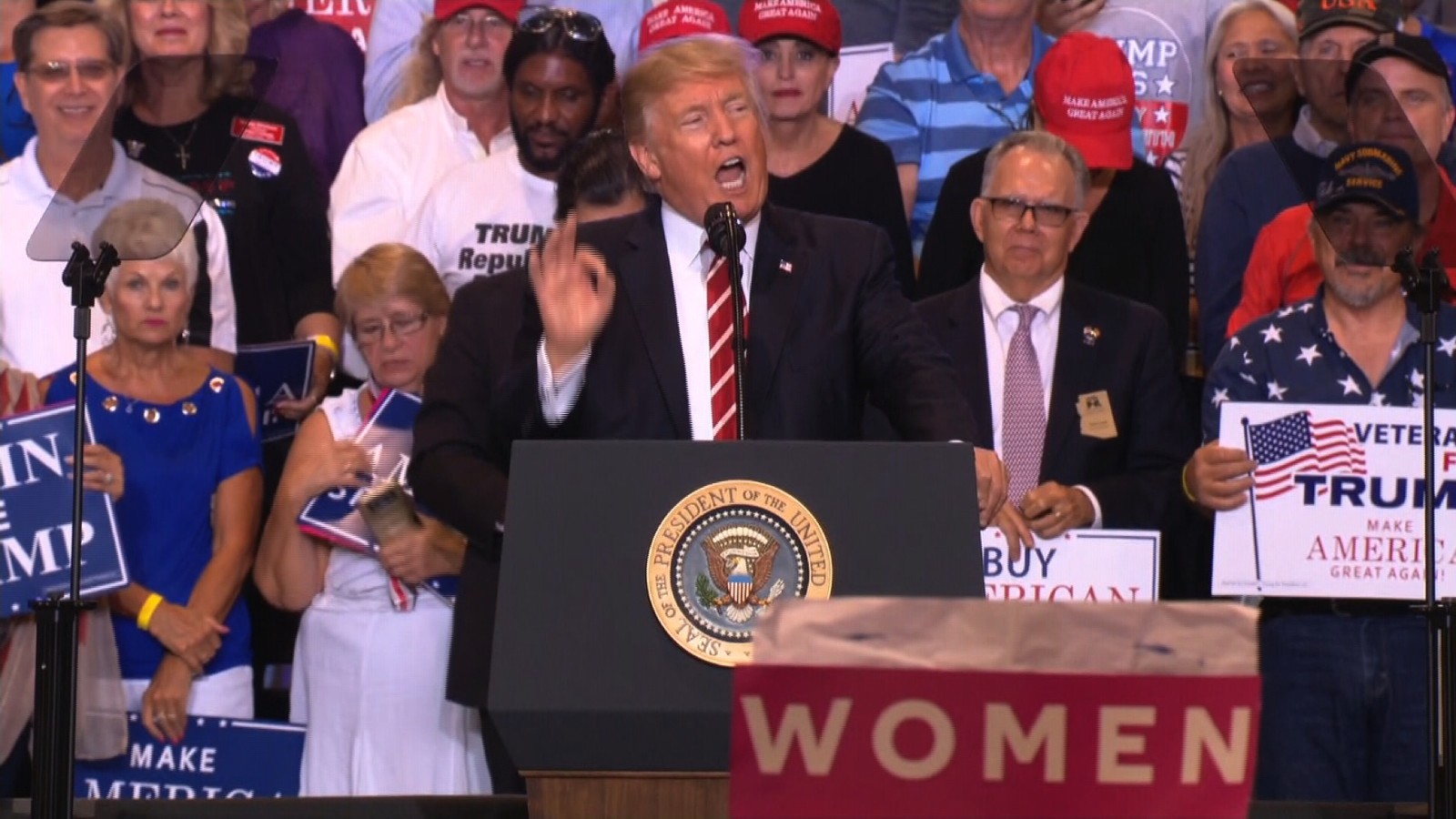Trump Rally Attendees

Trump rally attendees are a diverse group of people, but they share some common characteristics. They are typically white, working-class Americans who feel left behind by the economy and the political establishment. They are drawn to Trump’s message of economic nationalism and his promise to “Make America Great Again.”
Demographics
- According to a 2018 study by the Pew Research Center, Trump rally attendees are more likely to be white (87%), male (55%), and over the age of 50 (60%).
- They are also more likely to be married (67%) and have a high school diploma or less (45%).
- Trump rally attendees are also more likely to live in rural areas (43%) and have a household income of less than $50,000 (44%).
Motivations
- Trump rally attendees are motivated by a variety of factors, including economic anxiety, social conservatism, and a desire for change.
- Many Trump rally attendees feel that the economy is not working for them and that they have been left behind by the political establishment.
- They are also concerned about social issues, such as immigration and crime, and they believe that Trump is the only candidate who can address these concerns.
Political Affiliations
- Trump rally attendees are overwhelmingly Republican. According to the Pew Research Center study, 84% of Trump rally attendees identify as Republican or Republican-leaning.
- However, there is a small but growing number of independents and Democrats who are attending Trump rallies.
- These attendees are typically drawn to Trump’s message of economic nationalism and his promise to “Make America Great Again.”
Diversity, Trump rally
Despite the fact that Trump rally attendees are typically white and working-class, there is a growing diversity among attendees. In recent years, there has been an increase in the number of women, minorities, and young people attending Trump rallies.
This diversity is due in part to Trump’s outreach to minority communities and his use of social media to connect with younger voters.
Social Media
Social media has played a major role in mobilizing and connecting Trump rally attendees. Trump has a large and active social media following, and he uses these platforms to communicate with his supporters and promote his rallies.
Trump rally attendees also use social media to connect with each other and share information about upcoming rallies. This has helped to create a sense of community among Trump supporters and has made it easier for them to organize and mobilize.
Trump Rally Rhetoric

Trump’s rally speeches are characterized by a number of key themes and messages. These include: America First, Make America Great Again, and Build the Wall. Trump’s speeches are often highly nationalistic and populist, and he frequently attacks his opponents, both within the Republican Party and outside of it. He also often makes false or misleading statements, and his speeches are often filled with hyperbole and exaggeration.
The use of language, tone, and body language in Trump’s speeches is also notable. Trump frequently uses simple, easy-to-understand language, and he often speaks in a conversational tone. He also frequently uses gestures and facial expressions to emphasize his points. Trump’s body language is often aggressive and confrontational, and he often appears to be angry or hostile.
Impact of Trump’s Rhetoric
Trump’s rhetoric has a significant impact on his supporters and detractors. His supporters are often drawn to his strong personality and his willingness to speak his mind. They believe that he is a strong leader who will fight for their interests. Trump’s detractors, on the other hand, are often concerned about his divisive rhetoric and his lack of experience in government. They believe that he is a dangerous demagogue who is unfit for office.
Trump’s rhetoric has also had a significant impact on American politics. His speeches have helped to energize his base and have contributed to the rise of populism and nationalism in the United States. Trump’s rhetoric has also led to increased polarization in American politics, and it has made it more difficult for the two parties to find common ground.
Trump Rally Impact

Trump rallies have had a significant impact on political discourse and public opinion in the United States. In the short term, they have energized Trump’s base of supporters and helped to shape the Republican Party’s platform. In the long term, they have contributed to the polarization of American politics and made it more difficult to find common ground between the two major parties.
Trump Rallies and the Republican Party
Trump rallies have played a major role in shaping the Republican Party. They have helped to move the party further to the right on a range of issues, including immigration, trade, and foreign policy. Trump’s rhetoric has also emboldened other Republican politicians to take more extreme positions. As a result, the Republican Party is now more divided than ever before.
Trump Rallies and Political Polarization
Trump rallies have also contributed to the polarization of American politics. Trump’s rhetoric has often been divisive, and his rallies have often attracted protesters. This has led to an increase in political tension and made it more difficult to find common ground between the two major parties.
Potential Implications for the Future of American Politics
The long-term implications of Trump rallies are still unclear. However, it is clear that they have had a significant impact on American politics. It is possible that Trump rallies will continue to energize his base of supporters and help to shape the Republican Party’s platform. It is also possible that they will continue to contribute to the polarization of American politics. Only time will tell what the long-term impact of Trump rallies will be.